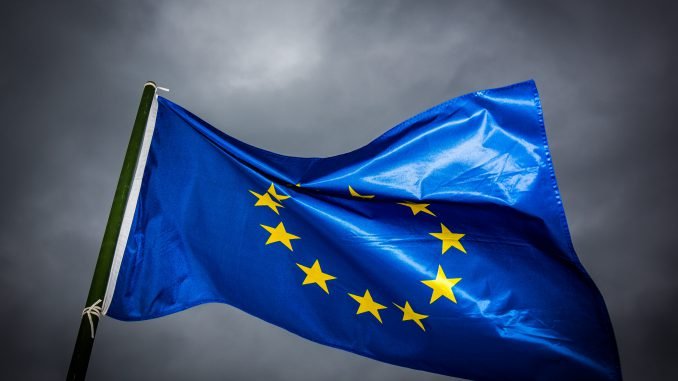
“Integration in the foreign policy should be given a very careful consideration. We haven’t yet forged a common understanding over the 60 years of EU existence,” Jovita Neliupšienė said at a discussion last weekend.
“There are also issues concerning our pragmatic interests, such as taxes (…). We are talking about national economies and the interests of a specific business,” she said.
Supporters of deeper integration say that a united EU foreign policy would help strengthen Europe’s influence on international issues and that harmonizing tax policies would help improve social protection.
Critics argue that a common foreign policy may ignore member states’ fundamental national interests and that a common tax policy would make it harder for small countries on Europe’s periphery to compete with stronger economies.
